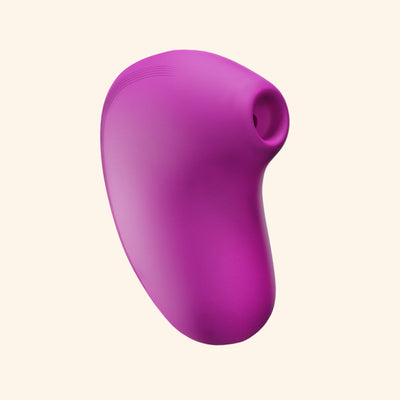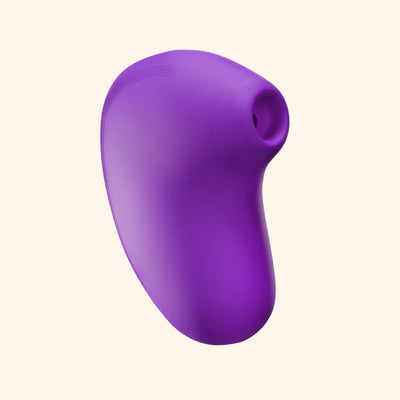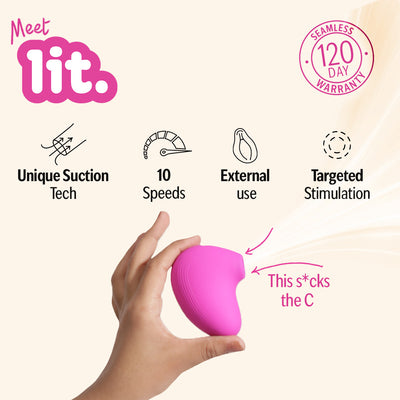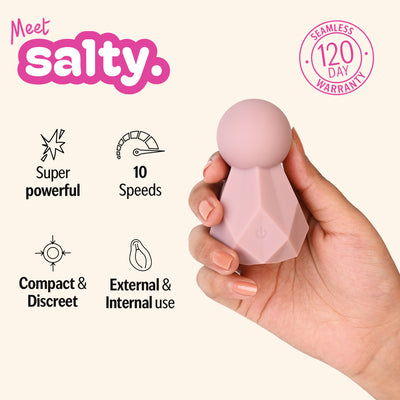Your cart is currently empty
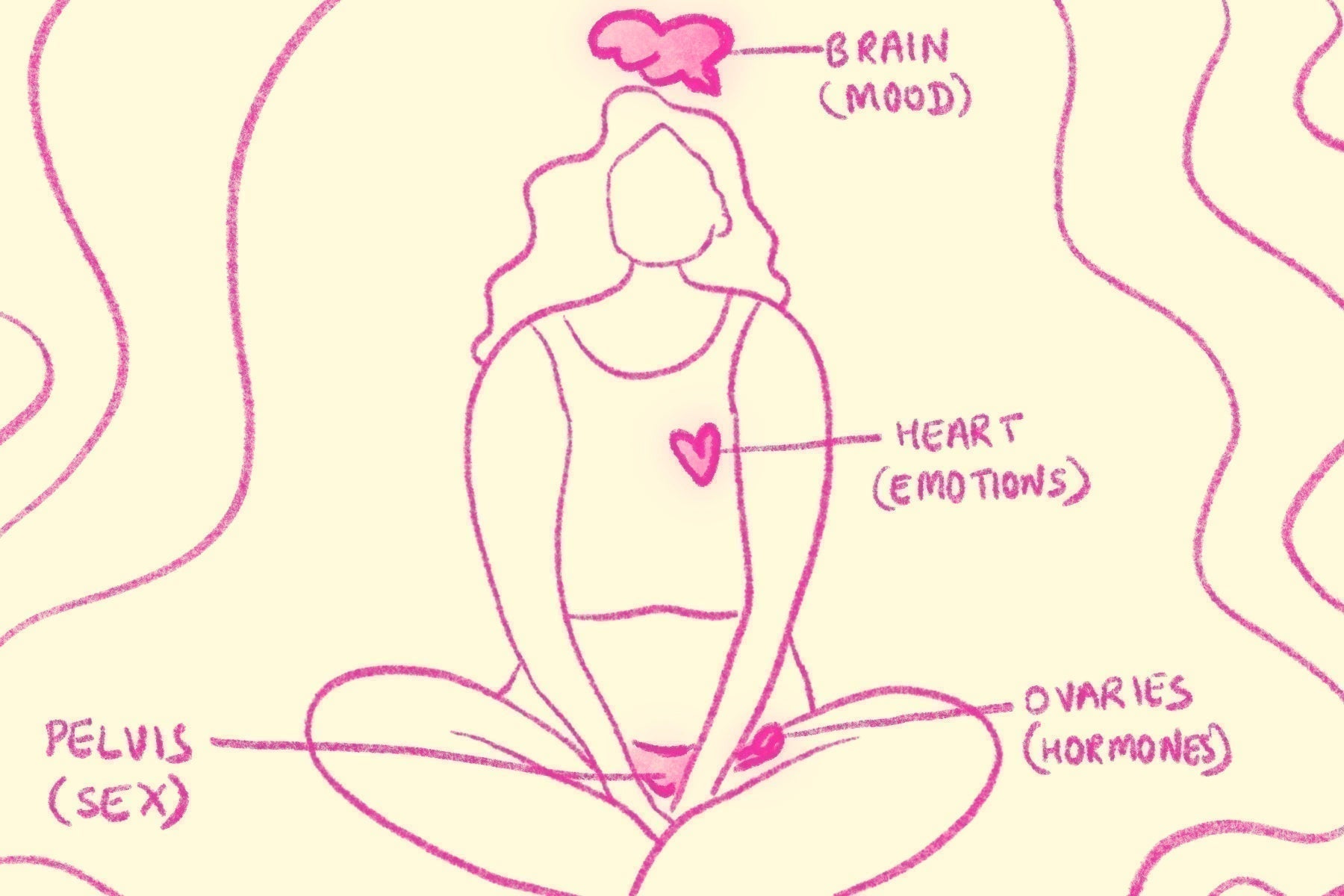
You’re juggling work, a Zomato order, and dreams of a steamy evening, but your body’s stuck in neutral… thanks to PCOS. Polycystic Ovary Syndrome isn’t just about wonky periods or rogue chin hairs; it can dim your sex drive like nothing else. In India, it’s not a niche problem—1 in 4 women are living with PCOS. That’s millions of us navigating symptoms that hit everywhere from our cycles to our confidence, and yes, our sex lives. But don’t worry, you’ve got this. Let’s unpack the science behind how PCOS messes with your mojo and share practical ways to reignite the flame, backed by solid research and expert insights.
PCOS is a hormonal chaos fest. Your ovaries churn out excess androgens (think testosterone’s rowdy cousins) while cutting back on estrogen and progesterone, throwing your system out of whack. This imbalance doesn’t just skip your periods or sprout cysts—it tanks your libido. High androgens can dull desire, reduce arousal, and make lubrication tricky, turning sex into a less-than-fun chore.

Vaginal Dryness Is Common with PCOS, and it’s not just uncomfortable—it can make intimacy downright painful, which only reinforces the cycle of “ugh, not tonight.” Add to that insulin resistance (affecting up to 70% of people with PCOS), and you’ve got low energy and a body that feels more drained than turned on.
Physical symptoms like hirsutism (excess body hair), acne, or weight gain can tank your body image, making you feel less confident in bed. Beyond the physical, PCOS cranks up emotional distress—think anxiety, depression, and mood swings that hit unexpectedly. A 2021 study from Kerala found women with PCOS had significantly higher depression and anxiety levels than those without, often tied to hormonal fluctuations and societal pressures around appearance. These emotional struggles can further douse your spark, making intimacy feel like an uphill climb.

Studies show PCOS increases anxiety and depression risk by up to five times, further dousing your spark. It’s like your body’s hosting a party but forgot to send you the invite.
Research backs this up. A 2017 study found 57.7% of women with PCOS reported sexual dysfunction, with desire being the hardest hit at 99.2% prevalence. Another study of 130 PCOS patients noted nearly 60% struggled with low arousal or satisfaction, often tied to hormonal imbalances and body image issues.
Experts lay it out clearly. Dr. Anuja Dokras, a PCOS specialist, says, “Hormonal imbalances in PCOS, like elevated androgens, can reduce sexual desire and arousal, while psychological factors like body image concerns also play a significant role”. Lifestyle modifications, like a balanced diet and regular exercise, can improve insulin resistance and hormonal balance, which may enhance sexual function in women with PCOS
A 2014 study agrees: “Sexual dysfunction is a common PCOS comorbidity, and screening with tools like the FSFI questionnaire is crucial”.
Let’s Talk Lubrication
Here’s the thing—most lubes in the Indian market are flavoured, scented, or full of additives that can irritate sensitive skin. When our founder, who also has PCOS, went looking for something simple and safe, there was nothing. That’s why DTF: Water-based lubricant was born: an all-natural, pH-balanced, unflavoured, unscented water-based lubricant made with aloe vera, tea tree leaf extract, lemon extract, and flaxseed extract. It’s dermatologist-tested, vegan, and safe for regular use—whether your dryness is hormonal, post-medication, or just situational.
Because here’s the truth: a good lube doesn’t just make sex more comfortable—it can restore confidence and pleasure. And when PCOS is messing with your body’s natural lubrication, having something you trust on your nightstand can be a total game-changer.

So, how do you fight back? Start with lifestyle tweaks that hit like a perfectly spiced vada pav—simple but effective. Diet is key: opt for low-glycemic foods like whole grains, leafy greens, and lean proteins to tame insulin and balance hormones. Swapping that late-night Zomato biryani for a chickpea salad can help manage weight, easing symptoms for many. Exercise—think 150 minutes a week of yoga or brisk walks—boosts endorphins, improves insulin sensitivity, and lifts mood, all fueling your sex drive. Stress management, like meditation or deep breathing, cuts cortisol, which can otherwise amplify PCOS symptoms.
Medically, there’s plenty in your arsenal. Birth control pills, packed with estrogen and progesterone, curb androgens and regulate cycles, often perking up desire as a bonus. Metformin tackles insulin resistance, potentially boosting energy and ovulation for better intimacy. Bioidentical hormone replacement therapy (BHRT) can fine-tune estrogen or testosterone levels, but it’s not for everyone—check with your gynecologist,
PCOS might try to dim your fire, but you’re stronger than that. Team up with your doctor, embrace these strategies, and reclaim your spark. From tweaking your diet to soothing emotional distress with therapy, every step counts. Want to dive deeper into owning your PCOS journey with confidence? Check out our blog on Riding the PCOS Rollercoaster: Self-Care Edition for raw, real insights on self-care, from embracing body hair to soothing cramps.
About the Author
Madhu (she/her) has been an avid reader of all things spicy since her childhood. She writes sassy blog posts and listicles now so that others may benefit from her wholly inappropriate, wholly informative tastes, too.

